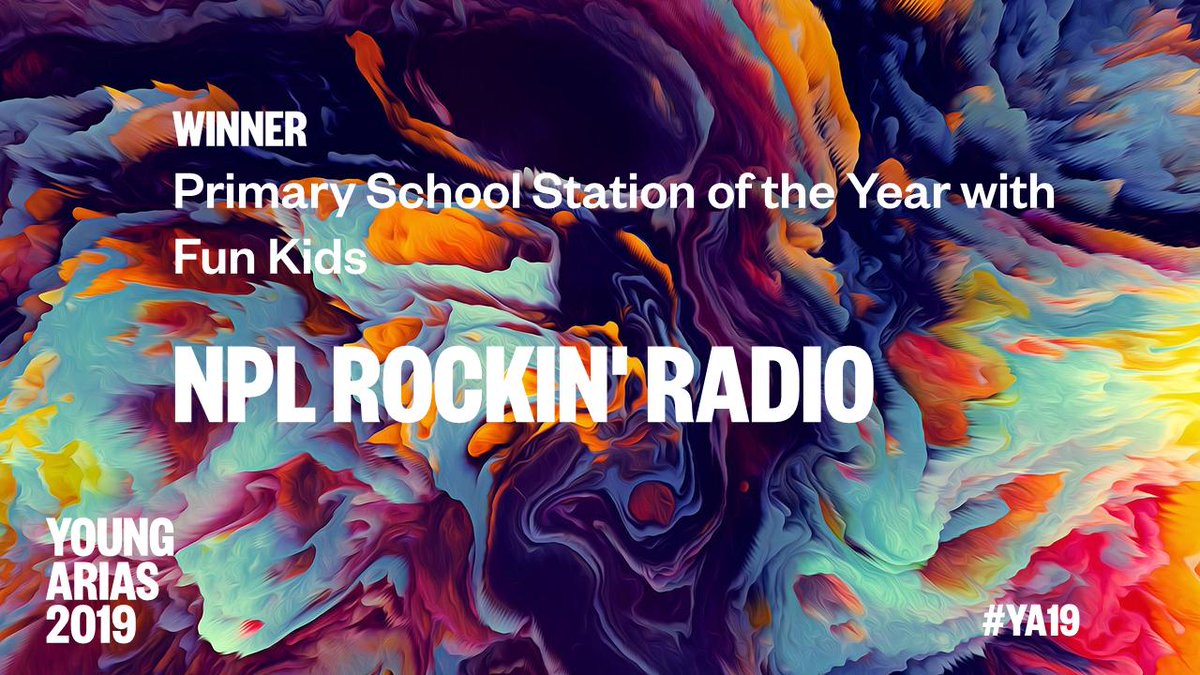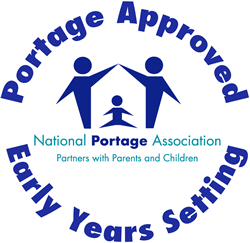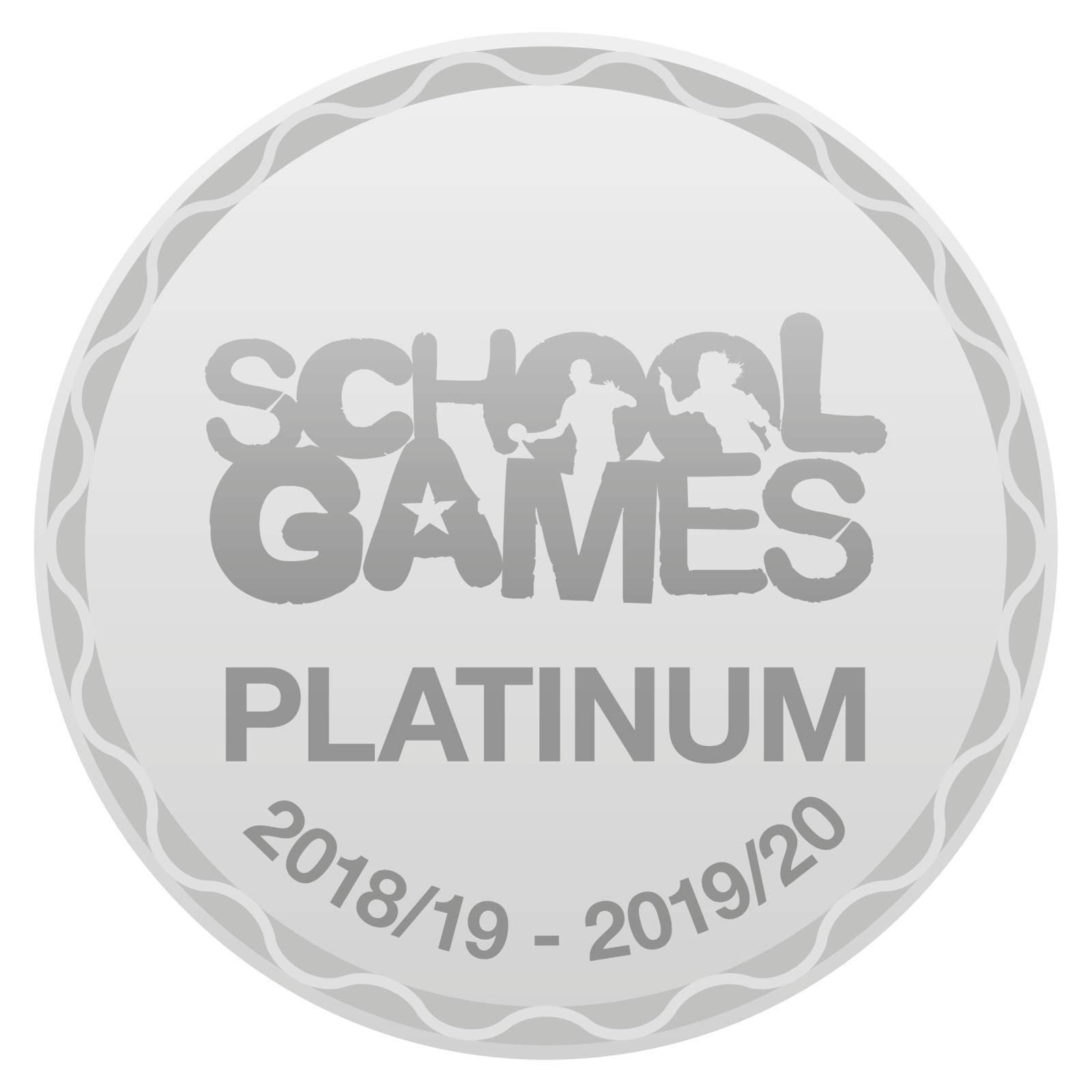Personal, Social and Health education
Relationships and Sex Education
Curriculum Lead - Mrs Hill
PSHE and RSE is a planned programme of learning through which children acquire the knowledge, understanding and skills they need to manage their lives now and in the future.
It contains several areas: Emotional Health and Well-Being, Healthy Lifestyles, Relationships and Sex-Education, Drug Education, Staying Safe and Citizenship including British Values.
Our intention is to support children's development as human beings, to enable them to understand and respect who they are, to empower them with a voice, to enable them to make safe and healthy choices, and equip them for life and learning. When children leave New Pasture Lane School, they will do so with the knowledge, understanding, and emotions to be able to be able to play an active and positive role in today's society. We want our children to have high aspirations, a belief in themselves and realise that anything is possible. In an ever-changing world it is important that they are aware, to an appropriate level, of different factors which will affect their world and that they learn how to deal with these so that they maintain good mental and physical health.
Pupils are taught PSHE using ‘Jigsaw’, which is timetabled as a weekly ‘stand alone’ subject. It is a spiral, progressive scheme of work, which ensures that key topics are revisited at a deeper, more complex level each year. There is a strong emphasis on emotional Literacy, building resilience and nurturing mental and physical health. It includes mindfulness to allow children to advance their emotional awareness, concentration and focus.
At New Pasture Lane Primary School, in addition to Relationships Education, we also teach aspects of Sex Education that is covered in our Science Curriculum. The Sex Education aspects of PSHE are also taught through ‘Jigsaw’.
There are six puzzle pieces in Jigsaw that are designed to progress in sequence:
- 1) Being Me in My World
- 2) Celebrating Differences (including anti-bullying)
- 3) Dreams and Goals
- 4) Healthy Me
- 5) Relationships
- 6) Changing Me (including Sex Education)
Jigsaw is organised into these six areas of learning, which are repeated each year so that the children build up their knowledge and skills.
RSE
Relationships and Sex Education takes place in the summer term each year. Some adaptations have been made through discussions with staff, parents and Governors to the content of the Jigsaw programme particularly in the area of ‘Changing Me’. This will continue to be reviewed initially at the end of the summer term 2021.
The exact learning and language to be taught is as follows;
|
Puberty and Human Reproduction in Jigsaw 3-11 |
|||
|
|
Theme |
Content |
Vocabulary |
|
Foundation Stage |
Growing up |
How we have changed since we were babies. |
|
|
Year One
|
My changing body
Boys’ and girls’ bodies |
Understanding that growing and changing is natural and happens to everyone at different rates.
Appreciating parts of the body that make us different and using correct names for them. |
Penis Testicles Vagina Anus |
|
Year Two
|
The changing me
Boys and girls
|
Where am I on the journey from young to old and what changes can I be proud of?
Differences between boys and girls – how do we feel about them? Which parts of me are private?
|
Penis Testicles Vagina Anus |
|
Year Three
|
Outside body changes
Inside body changes
|
How our bodies need to change so they can make babies when we grow up – outside changes and how we feel about them.
How our bodies change inside so they can make babies when we grow up – inside changes and how we feel about them.
|
Womb Uterus Puberty Pubic hair Developing breasts Penis growing Underarm hair Testicles Birth |
|
Year Four
|
Having a baby
Girls and puberty
|
The choice to have a baby, the parts of men and women that make babies.
How a girl’s body changes so that she can have a baby when she’s an adult – including menstruation
|
Menstruation Periods Sanitary towels Tampons Puberty Bra |
|
Year Five
|
Puberty for girls
Puberty for boys
|
Physical changes and feelings about them. Importance of looking after yourself.
Developing understanding of changes for both sexes – reassurance and exploring feelings.
|
Puberty Menstruation Periods Sanitary towels Tampons Same sex couple
|
|
Year Six
|
Conception to birth
Puberty –
Girl talk/boy talk
|
Understanding the place of sexual intercourse in a relationship and how it can lead to conception and the wonder of new life.
Consolidating understanding of physical and emotional changes and how they affect us.
A chance to ask questions and reflect (single sex)
|
Making love Sanitary towels Having sex Tampons Protected sex Ovary Puberty Oestrogen Menstruation Womb Periods Uterus Wet dream Testicles Sperm Ejaculation Vagina Hormones Sexting Scrotum Semen Sexual Intercourse Erection Contraception Breasts Fertility treatment Clitoris
|
Your rights as a parent
The school recognises Parents rights to withdraw their child from some or all of the lessons on sex education.
In addition to the taught PSHCE / RSE lessons we provide a number of enrichment activities to support the curriculum.
Houses – all children in school belong to one of our 10 houses.
ELSA Visits from the NSPCC Visits from Safe on the Rails
Road Safety Training Visits from the School Nurse/Dental Nurse
Anti-Bullying Day Healthy School status
Internet Safety Day Philosophy for Children
Fire Safety Visits from the Lifeguards




